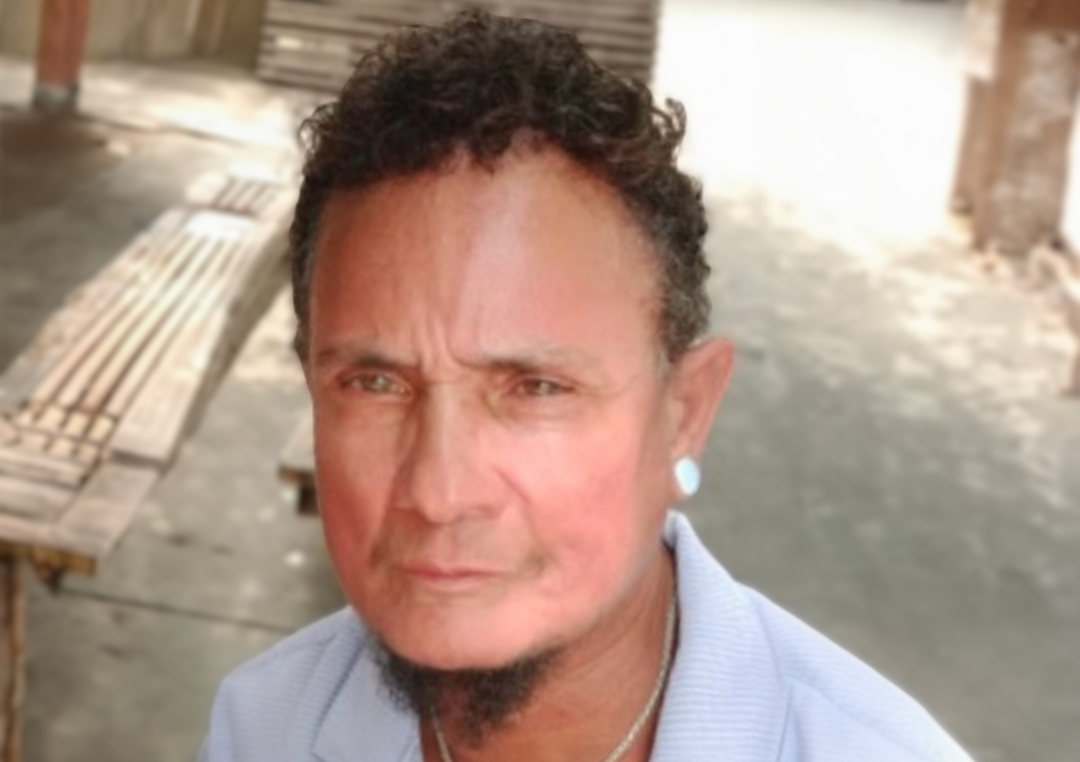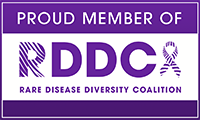
“My original symptoms were not concerning,” says Payton C. (dx 2010). “Around 2008-2009, both my shoulders were always sore and aching, but I just took it as being caused by my sleeping.”
Though he later also noticed an itchy discoloration on his back, Payton continued to not pay these symptoms much mind. Then, the next year, Payton underwent a period of intense stress, which led to his first experience with Raynaud’s phenomenon.
“Both of my hands turned blue, which really freaked me out,” he says.
A visit to his primary care physician led to an initial diagnosis of lupus, but further testing with a rheumatologist confirmed that he had diffuse scleroderma, a disease Payton had never heard of before. Later on, in 2012, he was diagnosed with morphea at Duke Hospital and began receiving treatment from Dr. Ankoor Shah, who has contributed to the SRF Patient Forum.
“Dr. Shah was the best thing about moving to North Carolina,” he says.
Payton has experienced a number of challenging symptoms throughout his scleroderma journey, including skin tightening, calcium deposits in the tendons of his shoulders, and digital ulcers—one of which has resulted in an amputation up to his knuckle.
However, despite struggling with these complicated issues, his scleroderma diagnosis did propel him to make a major positive change in his life. In 2015, Payton began transitioning from female to male. “This disease really pushed me to take that leap and live with no regrets,” he says.
These days, Payton does not let his symptoms hold him back from being active. “I work out with weights 3 times a week, do all my lawn work and any remodeling on the house,” he says. “I’m not as flexible but try to stretch or do yoga.”
“I had never heard of nor knew anyone with scleroderma. As I did research, I was able to find support groups, which are so helpful since they allowed me to talk to people with the disease who have a vested interest in helping others,” he says. “I really rely on scleroderma organizations to keep me informed and advocate on all those with scleroderma.”
Thank you, Payton, for sharing your journey, raising awareness, and contributing to the search for a cure to scleroderma.

